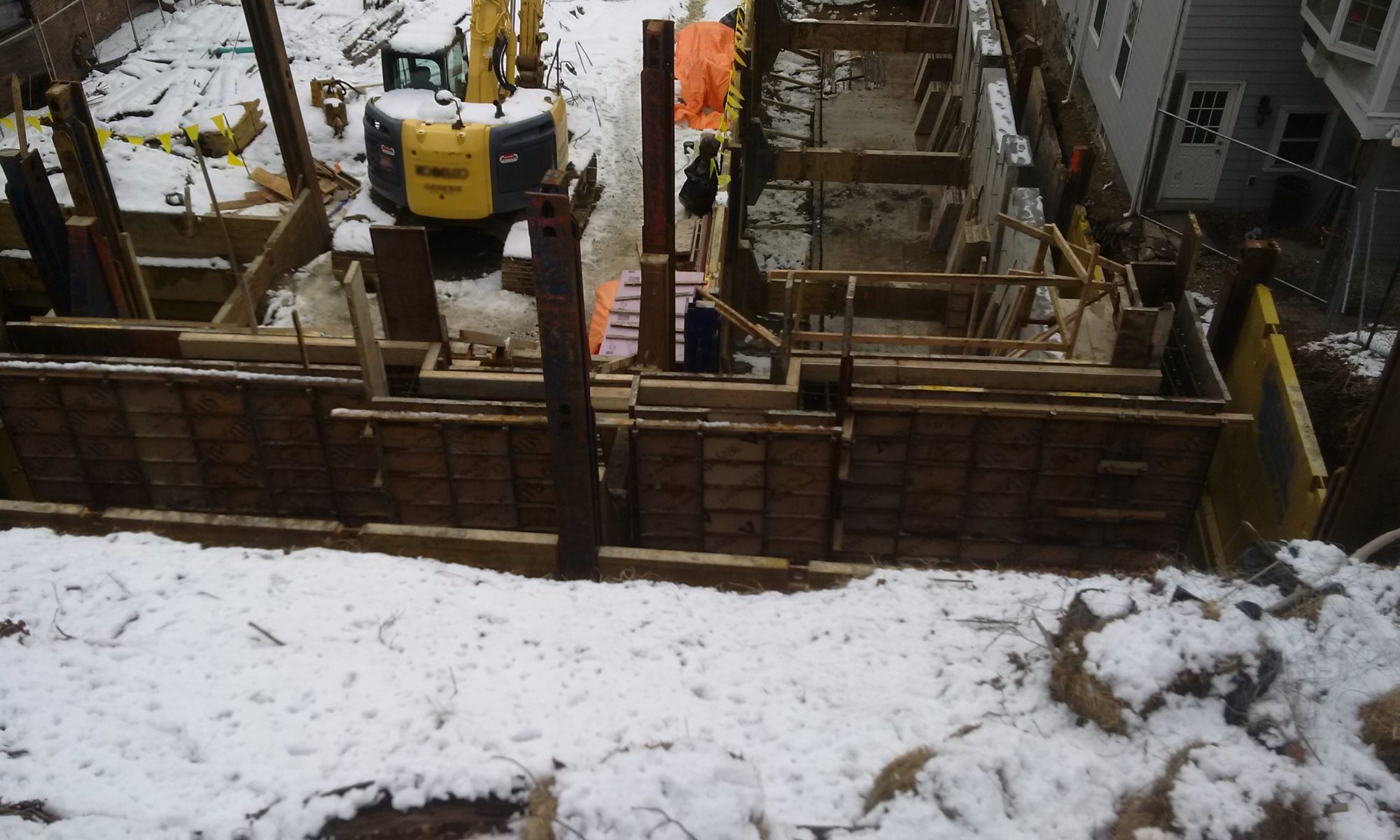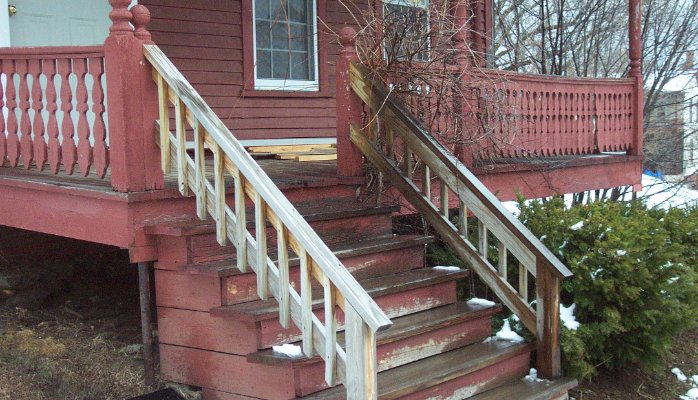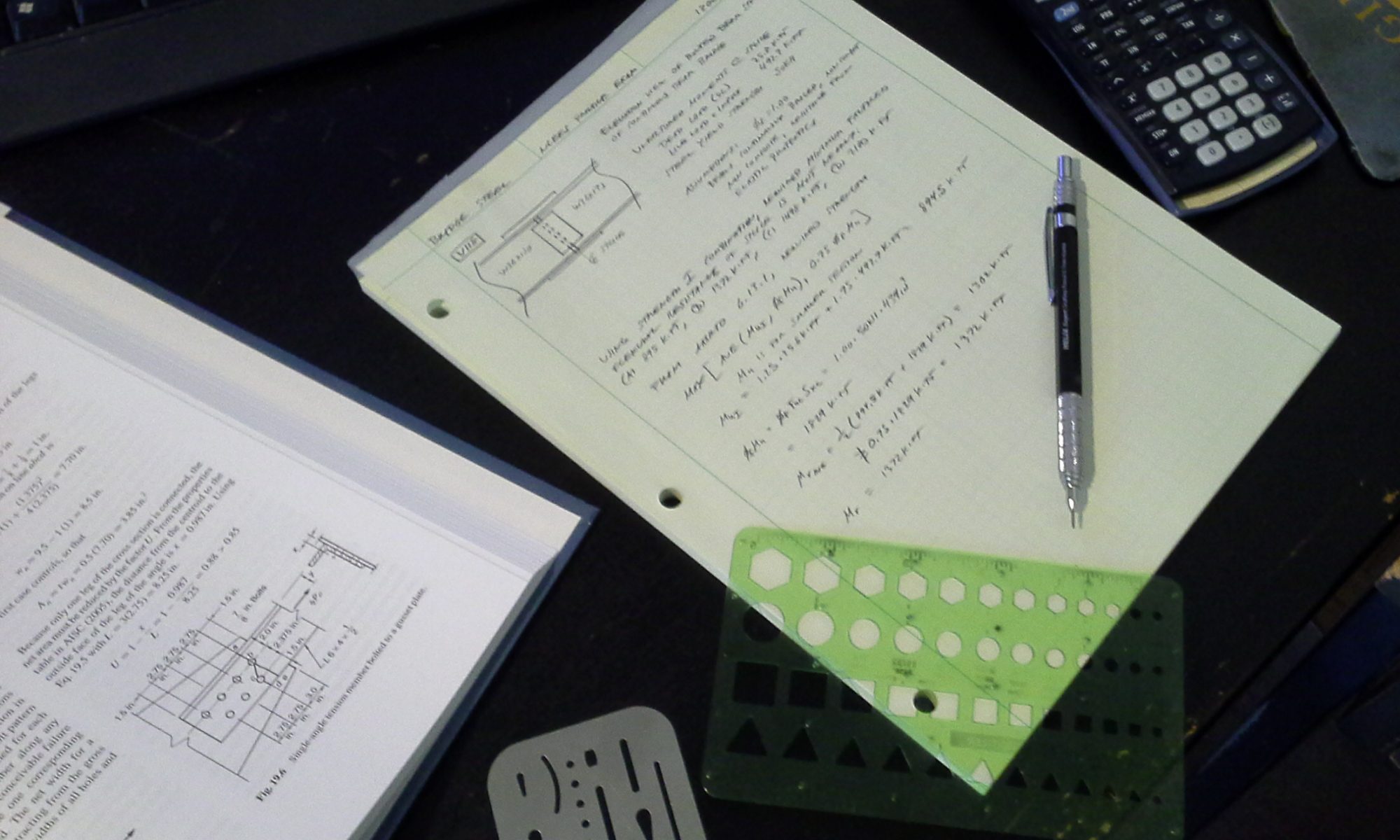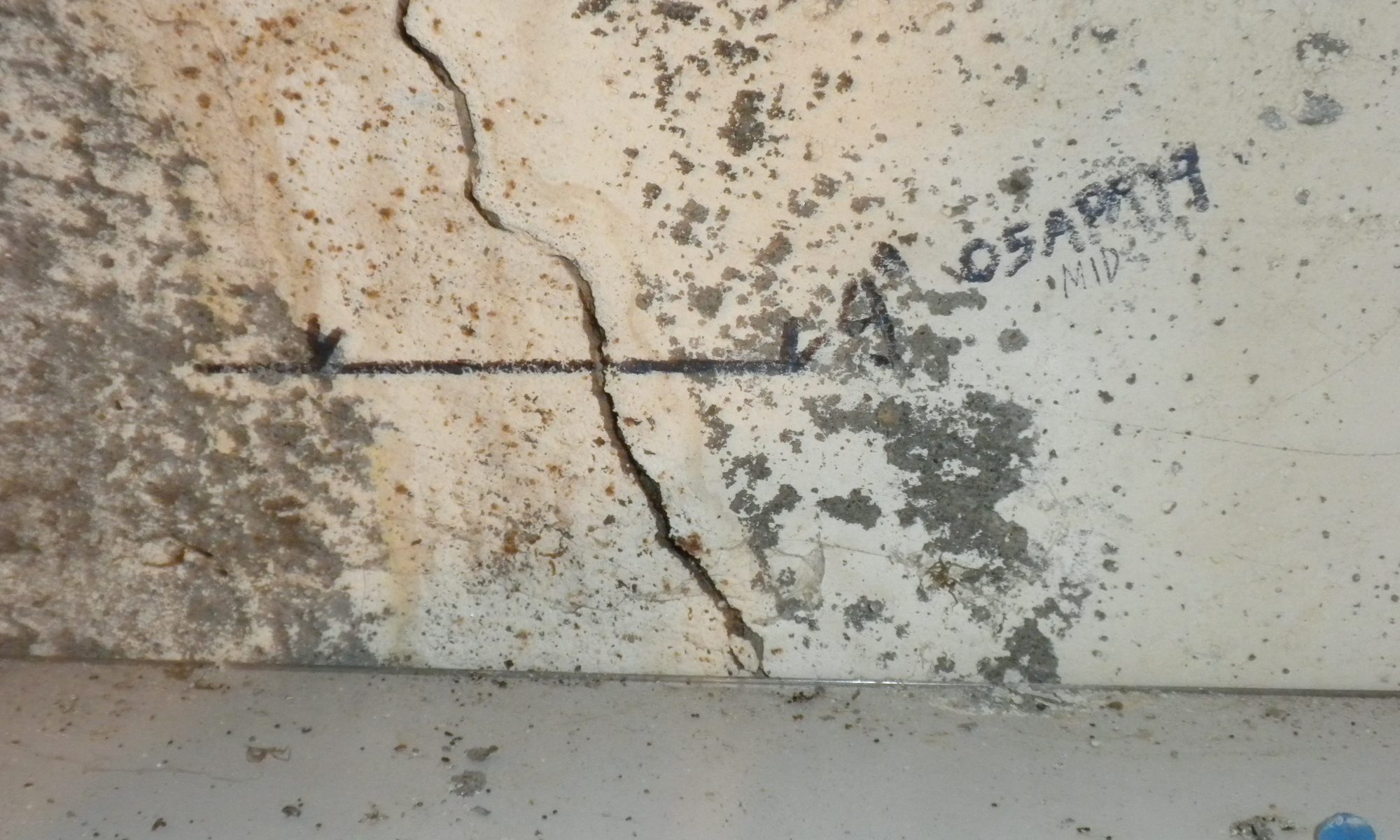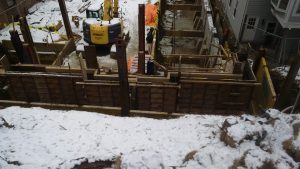 Occasional inconvenience from construction is a fact of life, especially for those of us who live or work in an urban area. Depending on how close the construction is to your home or business, the potential impacts might be more significant than traffic delays or noise. Construction projects can cause damage to nearby buildings and infrastructure, requiring risk mitigation, protection and performance monitoring. Continue reading “If Your New Neighbor is a Construction Site”
Occasional inconvenience from construction is a fact of life, especially for those of us who live or work in an urban area. Depending on how close the construction is to your home or business, the potential impacts might be more significant than traffic delays or noise. Construction projects can cause damage to nearby buildings and infrastructure, requiring risk mitigation, protection and performance monitoring. Continue reading “If Your New Neighbor is a Construction Site”
When Should a Home-Buyer Retain an Engineer?
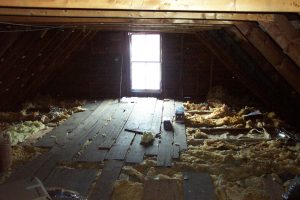 A new home is a major investment for most people and increased demand for a limited supply of existing homes has made home shopping even more challenging. In some markets, the available housing stock, especially at lower price points, is aging and does not reflect modern lifestyles. Consequently, a lot of homes need maintenance, repairs and upgrades to fulfill buyers expectations. Given the costs of purchasing a home, along with the costs of maintaining, operating and potentially repairing an aging property, buyer due diligence is perhaps more important than ever. Continue reading “When Should a Home-Buyer Retain an Engineer?”
A new home is a major investment for most people and increased demand for a limited supply of existing homes has made home shopping even more challenging. In some markets, the available housing stock, especially at lower price points, is aging and does not reflect modern lifestyles. Consequently, a lot of homes need maintenance, repairs and upgrades to fulfill buyers expectations. Given the costs of purchasing a home, along with the costs of maintaining, operating and potentially repairing an aging property, buyer due diligence is perhaps more important than ever. Continue reading “When Should a Home-Buyer Retain an Engineer?”
Your Residential Deck is also a Structure
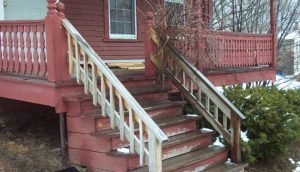 Once at a small business seminar, one of the attendees asked me about replacing one of the posts for the deck at his house. He wanted to replace a rotted wood post with steel tube and perhaps increase the span between posts with steel beams. I told him that I did not think it was a good idea since steel corrodes and the connections would be more difficult. It would cost more and besides, he would almost certainly require a permit.
Once at a small business seminar, one of the attendees asked me about replacing one of the posts for the deck at his house. He wanted to replace a rotted wood post with steel tube and perhaps increase the span between posts with steel beams. I told him that I did not think it was a good idea since steel corrodes and the connections would be more difficult. It would cost more and besides, he would almost certainly require a permit.
“Oh, I am not getting a permit”, he said.
Continue reading “Your Residential Deck is also a Structure”
When a Homeowner Needs an Engineer
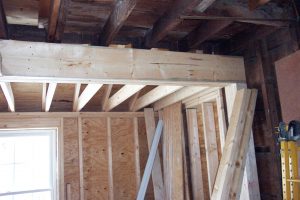 Most people do not directly interact with the engineering profession, like they do with other professions such as medicine, accounting or architecture. While people benefit from the efforts of engineers every day, most people do not individually have the need to retain an engineer in their personal lives. However, if you own a home and are responsible for its maintenance, there are circumstances in which you can benefit from retaining an engineer. Continue reading “When a Homeowner Needs an Engineer”
Most people do not directly interact with the engineering profession, like they do with other professions such as medicine, accounting or architecture. While people benefit from the efforts of engineers every day, most people do not individually have the need to retain an engineer in their personal lives. However, if you own a home and are responsible for its maintenance, there are circumstances in which you can benefit from retaining an engineer. Continue reading “When a Homeowner Needs an Engineer”
What Does an Engineer Do?
 I have found that one of the downsides to being an engineer is that few people really know what I do. This is in large part because most people do not have direct interaction with the engineering profession. Most people have used the services of other professionals, such as physicians, accountants and lawyers, but relatively few people will retain an engineer. Engineers are seldom represented in popular culture and when they are, they may be portrayed as over-glorified mechanics (think Scotty from Star Trek). To make matters worse, in the United States the word “engineer” is used to in the title of people who operate equipment, maintain buildings, write computer code and (apocryphally?) collect trash. Continue reading “What Does an Engineer Do?”
I have found that one of the downsides to being an engineer is that few people really know what I do. This is in large part because most people do not have direct interaction with the engineering profession. Most people have used the services of other professionals, such as physicians, accountants and lawyers, but relatively few people will retain an engineer. Engineers are seldom represented in popular culture and when they are, they may be portrayed as over-glorified mechanics (think Scotty from Star Trek). To make matters worse, in the United States the word “engineer” is used to in the title of people who operate equipment, maintain buildings, write computer code and (apocryphally?) collect trash. Continue reading “What Does an Engineer Do?”
Why There Are Cracks in Your Basement
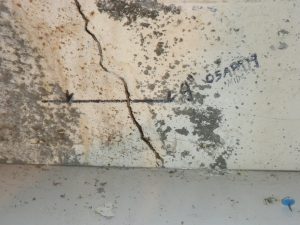
Cracks in basement walls and floors are among the most commonly found types of structural distress in buildings, especially houses. However, many homeowners do not know whether the cracks in their basement are problematic, if they are aware of them at all.
To understand why cracks form, you must first understand that structures and their components move. They compress, extend and bend under applied load. There are also forces internal to elements of structures resulting from the behavior of the material or how the element was made. Most structural materials expand with increased heat and moisture and contract in cold and dry conditions. In addition, Portland cement-based materials, like concrete, concrete masonry and certain types of mortar, shrink as they cure. Cracks occur when a structural element made of a brittle material is subjected to an external or internal force greater than its strength.


